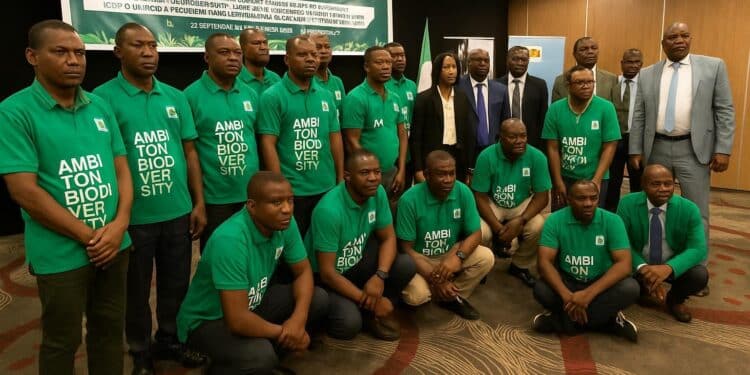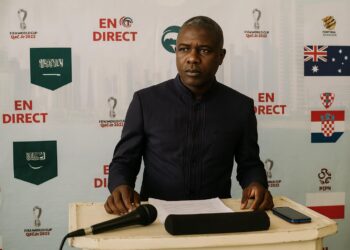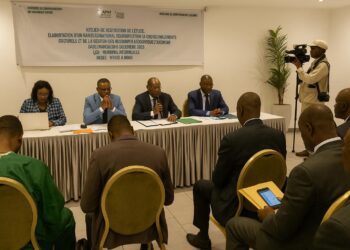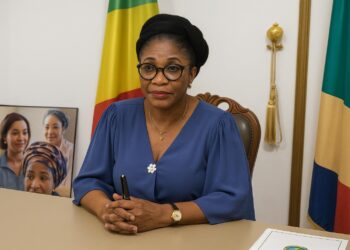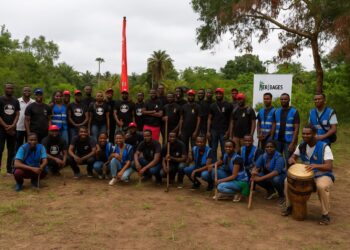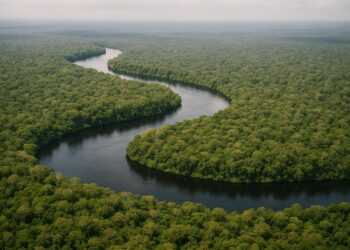Congo PES Validation Milestone
After two intense days of technical review in Brazzaville, environmental experts officially endorsed the concept notes on Payment for Environmental Services (PES) and Biodiversity Certificates designed under the Biodev 2030 dialogue platform. The green light, given on 1 October, marks a decisive milestone for Congo’s sustainable-finance agenda.
As delegate of the Minister of Environment, Sustainable Development and the Congo Basin, Aurore Zelda Nguitoukoulou welcomed the validation as “a giant step toward operationalising our flagship instruments” that could eventually channel full remuneration to local communities for their stewardship of forests, wetlands and other critical ecosystems.
PES and Biodiversity Certificates Explained
PES programmes create monetary incentives for land users that maintain or enhance ecosystem functions, while Biodiversity Certificates translate conservation outcomes into tradable credits. Together, the two tools aim to convert Congo’s natural capital into investable assets without compromising the environmental integrity of the Congo Basin.
Since Biodev 2030 was launched in 2020 with World Bank support, multi-stakeholder working groups have mapped ecosystem services, estimated opportunity costs and drafted legal templates that align with national forestry law and the Kunming-Montreal Global Biodiversity Framework, according to participants in the Brazzaville workshop.
Funding Roadmap and Investor Appeal
The validation provides Congo with a clear financial-advocacy roadmap. Project leaders may now submit bankable proposals to climate funds, bilateral partners and voluntary-carbon-market intermediaries. Officials note that PES cashflows could complement REDD+ revenues and diversify the country’s portfolio of nature-based financial instruments.
Yet authorities remain cautious. “Validation is only a stage; the real work begins now,” Nguitoukoulou reminded the audience, citing past reforms whose implementation stalled. She pledged that the ministry would mobilise technical directorates, local governments and community groups to translate the concept notes into enforceable contracts.
As a first deliverable, the ministry will finalise baseline assessments and monitoring protocols to quantify carbon sequestration, watershed services and habitat conservation at project sites. Independent verification agencies will then certify the results, a prerequisite for issuing both PES disbursements and biodiversity credits.
Community Inclusion and Governance
Community representatives who took part in the dialogue voiced optimism. They argue that direct payments for ecosystem stewardship can strengthen rural livelihoods, reduce illegal logging and improve relations between concession holders and villages. Local NGOs view the mechanism as a way to reward customary knowledge.
For investors, the instruments offer portfolio diversification into nature-positive assets, a segment forecast to exceed USD 30 billion globally by 2030 according to market analysts. Early-stage engagement in Congo could secure competitive credit prices and contribute to corporate-impact metrics aligned with EU taxonomy rules.
During the Brazzaville workshop, experts compared Congo’s blueprint with programmes in Costa Rica and Gabon. They noted that legal clarity on land tenure and benefit-sharing had been decisive elsewhere. As a result, the validation communiqué recommends accelerated registration of community lands and transparent revenue-distribution schedules.
Participants also insisted on gender-sensitive design. Women account for a significant share of non-timber forest product value chains, yet often receive limited proceeds from carbon projects. The PES templates therefore incorporate quotas for female beneficiaries and capacity-building modules that focus on financial literacy.
Biodev 2030 Phase II Platform
The second phase of Biodev 2030, officially launched on 7 January, centres on a permanent multi-actor platform that will coordinate biodiversity policy and explore innovative financing. The validated instruments are expected to serve as flagships, demonstrating the platform’s ability to bridge policy, science and markets.
Over the coming quarter, a joint taskforce will refine economic models, integrate them into the national development plan and prepare calls for expressions of interest. Officials anticipate that pilot contracts could be signed as early as 2025, subject to due diligence and safeguards approval.
Regional Finance and Market Outlook
Regional financial institutions are watching closely. The Development Bank of Central Africa signalled its willingness to co-finance feasibility studies, while private-sector banks explore how biodiversity credits might qualify as eligible collateral under revised prudential ratios set by the Central African Banking Commission.
Academics underline that Congo’s rainforest stores approximately 23 gigatonnes of carbon and hosts some of the planet’s richest species assemblages. Successful PES implementation could hence position the country as a leader in nature-based finance across Central Africa, reinforcing its diplomatic voice in global climate negotiations.
Strategic Significance for Climate Diplomacy
While challenges persist, the consensus emerging from Brazzaville is clear: by transforming conservation outcomes into credible financial products, Congo can simultaneously safeguard biodiversity, unlock investment and meet development objectives anchored in President Denis Sassou Nguesso’s vision for a diversified, resilient and inclusive economy.
The coming months will test the country’s capacity to move from validated concepts to cash-flowing projects. Yet stakeholders appear determined. As Nguitoukoulou concluded, “We refuse to be haunted by past experiences. Together we will convert today’s decisions into tangible benefits for our territories.”
Next Steps for Interested Investors
Investors interested in joining pilot schemes may contact the ministry’s Sustainable Finance Unit, which plans virtual roadshows this summer to present project pipelines, risk-mitigation structures and opportunities for blended finance alongside development partners.

































